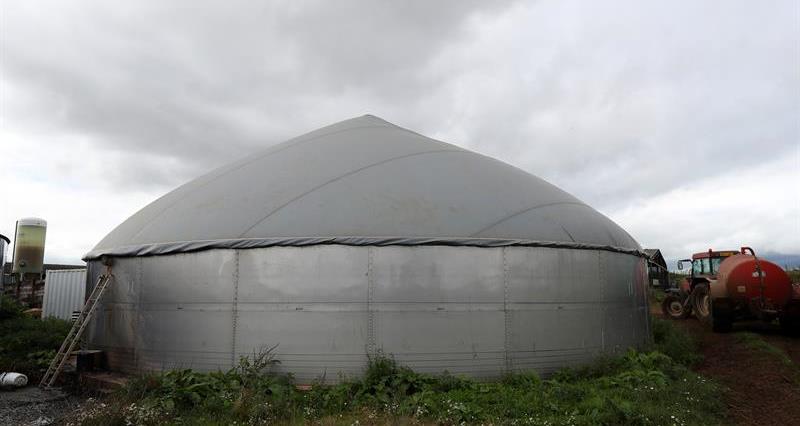The NFU has published its response to the DESNZ call for evidence on future policy framework for biomethane production.
The NFU notes that the current Green Gas Support Scheme for AD (anaerobic digestion) has had a slow start, with just a single project currently registered for support, and that the government is considering further potential incentive mechanisms for both AD and non-AD routes to producing bio-based methane, with the expectation that the industry should become financially self-sustaining.
We agree with other industry stakeholders that stop-start policy support must now be replaced with a long-term, consistent strategic commitment to the sector.
This includes investment in, and access to, the requisite supporting infrastructures.
NFU endorses government recognition of the role that biomethane production can play in the net zero transition, including by coupling AD to greenhouse gas removal (AD-BECCS) – noting that the Scottish Government has also recently highlighted the potential role of AD-BECCS among negative emissions technologies.
Biogenic carbon dioxide is already routinely captured at a number of British AD plants and sold via road tanker distribution for various food industry purposes.
The NFU is aware of a new generation of technology providers actively developing plants on the basis of revenues from both biomethane sales and the sale of biogenic CO2, as a low-carbon chemical feedstock or for geological storage.
A large AD plant of this type would generate carbon removals of 15-20,000 tCO2/year, so an expanding fleet of such installations could deliver at least 1-2 MtCO2/year of greenhouse gas removals in the future using UK domestic feedstocks.
We acknowledge the government’s ambition set out in the 2023 Biomass Strategy to produce 30-40 TWh/year of biomethane by 2050, noting that many in the AD industry believe a more stretching figure of 50-100 TWh/year should be both attainable and necessary in a net zero economy.
Considering that agriculture has better long-term control of future feedstock costs than other sectors like waste management, the NFU believes this is most likely to be achieved using a balanced combination of primary bioenergy feedstocks (e.g. energy crops) and secondary agricultural residues (e.g. straw, manures and slurries).
The above figures are consistent with the estimated UK potential (5.5 billion m3 by 2040) contained within a recent Europe-wide AD-biomethane assessment of 74 billion m3 by 2040 and about 110 billion m3 by 2050.
The NFU advocated previously for greenhouse gas removal through AD pathways in our response to the June 2021 consultation on ‘Role of Biomass in Achieving Net Zero’ and February 2021 on ‘Greenhouse Gas Removals’.
We also emphasised the future potential of AD in our July 2020 consultation response on ‘Future support for low carbon heat’.
Download the response in full at: NFU respond to DESNZ Call for Evidence on future policy framework for biomethane production
